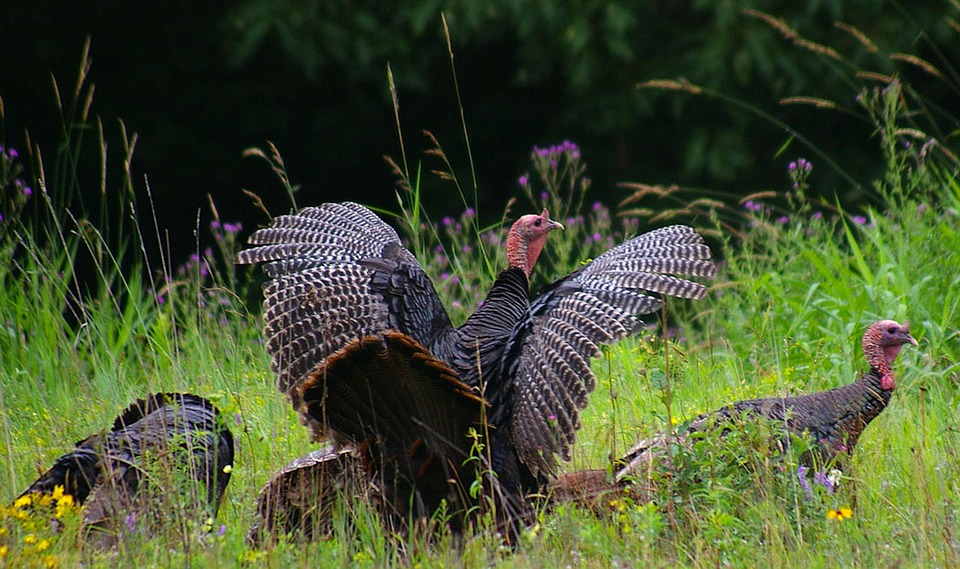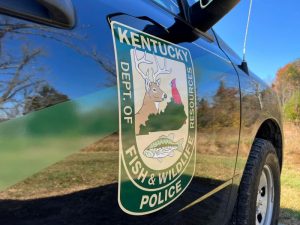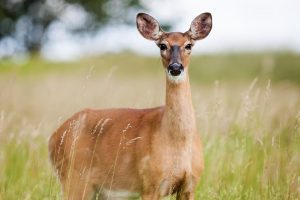Once again conservation efforts by government agencies, wildlife agencies and hunting organizations have brought a species back from the dead, so to speak. At the turn of the 20th century, wild turkeys, particularly in the Tar Heel state, were nearly decimated due to over-hunting and deforestation.
Today, there are an estimated 265,000 turkeys in the state of North Carolina, up from about 2,000 birds as recorded back in 1970.
“Turkeys are a boom or bust species,” Chris Kreh, upland game bird biologist with the N.C. Wildlife Resources Commission told The Citizen-Times. “When conditions are good for several years in a row, we have good reproduction. But when weather or habitat conditions are not favorable, we can get a substantial decrease. But overall, the population is increasing.”
Theses population estimates, as with many other wildlife species, are often based on harvest reports from annual hunting seasons. Since 2013, the state average is 17,700 turkeys taken by hunters in each year, and populations continue to boom.
“Most hunters are not successful at bagging a turkey each year. They’re not easy to kill,” Kreh said. “Only 5 percent of hunters actually kill two per year, 16 percent kill one and 79 percent kill zero. If that’s your only measure of success, it’s pretty bad, but most turkey hunters tell you there’s more to turkey hunting than actually killing a turkey.”
In light of the recent population assessments, the North Carolina Wildlife Resources Commission in conjunction with the National Wild Turkey Federation are offering 24 free turkey hunting seminars across the state in March and April.
These free courses cover the biology of the birds and educate prospective hunters in the use of calls and decoys in an attempt to give new or returning hunters their very best chance at success.
Statewide season for bearded birds kicks off on April 9, 2016. Gobble. Gobble.
For more information about the courses check out www.ncwildlife.org/sbs




